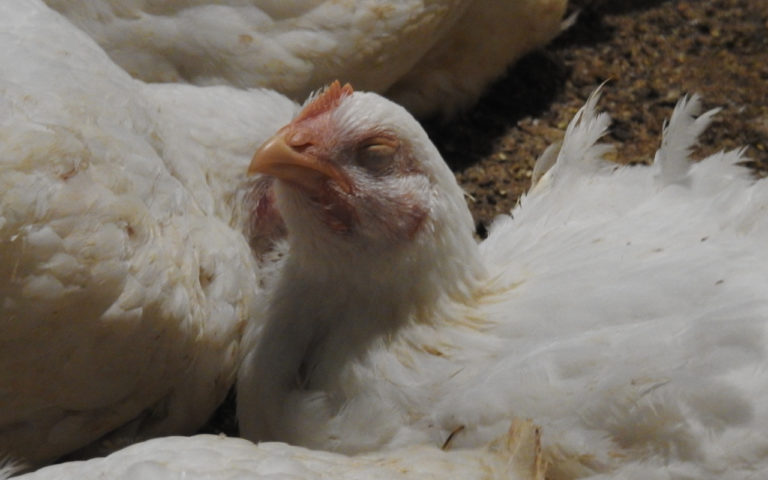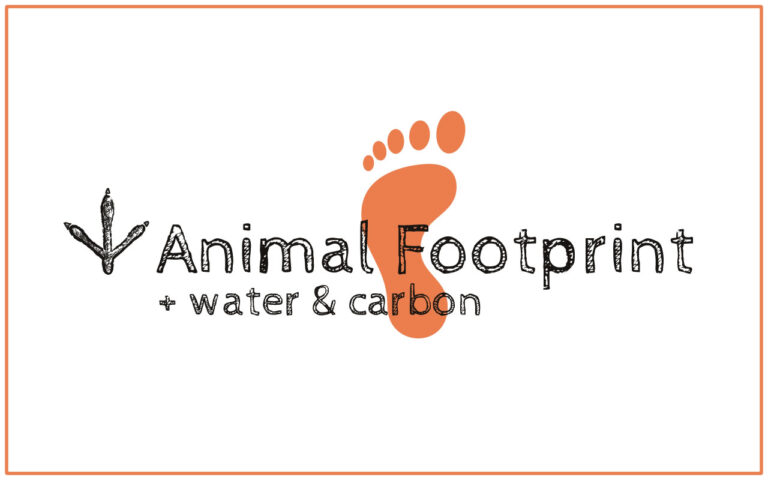
Category News


10 most watched videos in 2020
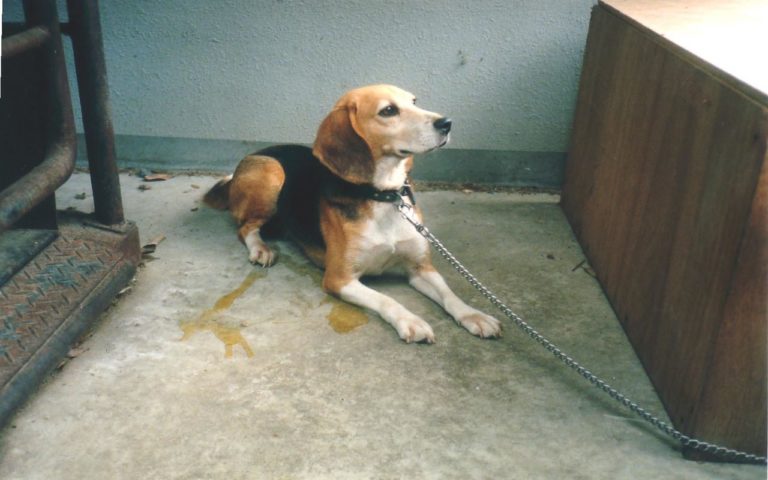
Japan Laboratory Animals, Inc. goes bankrupt
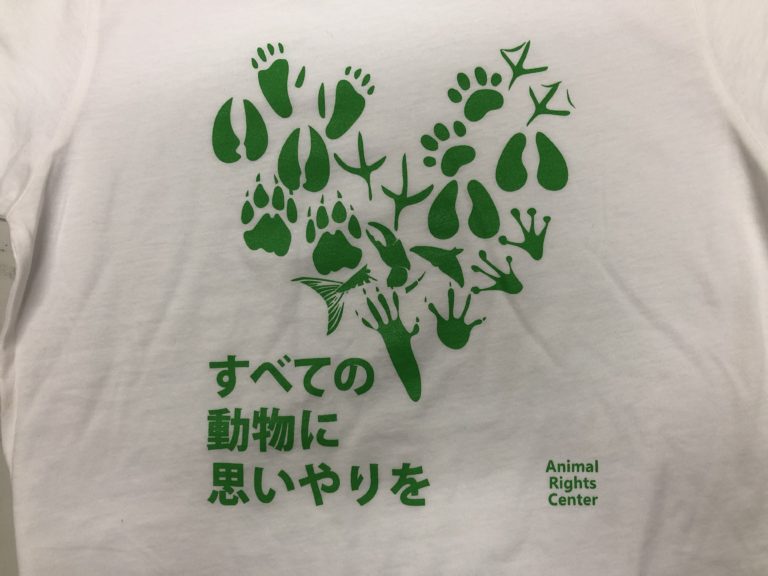
” Compassion for All Animals” T-shirt limited-supply sale begins
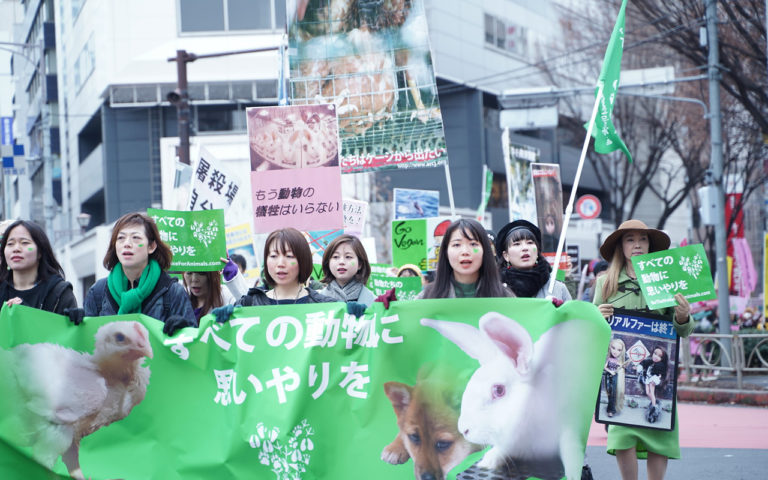
Peaceful March as a First Step to Changing Society: March for Animals – Compassion for All Animals
